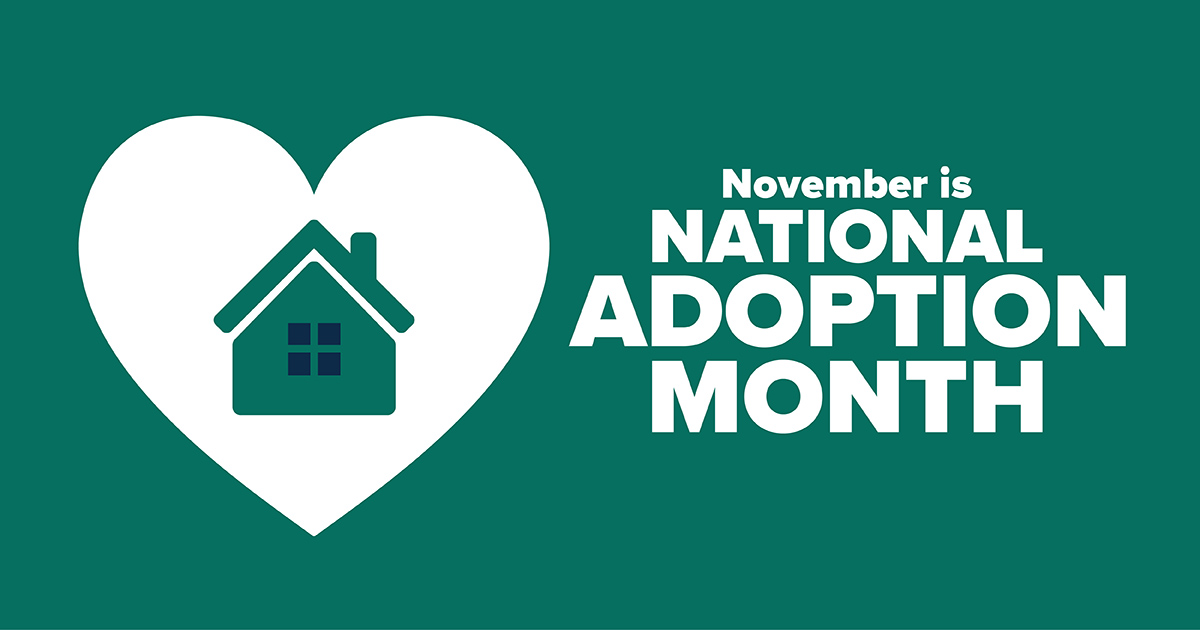Ensuring the Cradle Won't Fall: Opportunities for Research Related to Private Domestic Infant Adoption in the U.S.
Download
Each year, expectant parents in the United States make the difficult decision to relinquish their newborn infants to an adoptive family of their choosing, a process known as private domestic infant adoption. Although this decision has lifelong impacts on the birth parents, infant, and adoptive family, the regulation of the private domestic adoption of infants rests squarely with the states and has little federal oversight. Unfortunately, there is limited data or evidence to inform state policymaking—we lack even basic information about the exact number of private adoptions taking place each year. Consequently, there is wide variation in state laws. Expectant parents and birth parents are offered different counseling services and protections from coercion depending on where they live. This brief presents an overview of what is known about private domestic infant adoption in the United States and identifies priorities for data collection and further research.
How do you apply evidence?
Take our quick four-question survey to help us curate evidence and insights that serve you.
Take our survey
